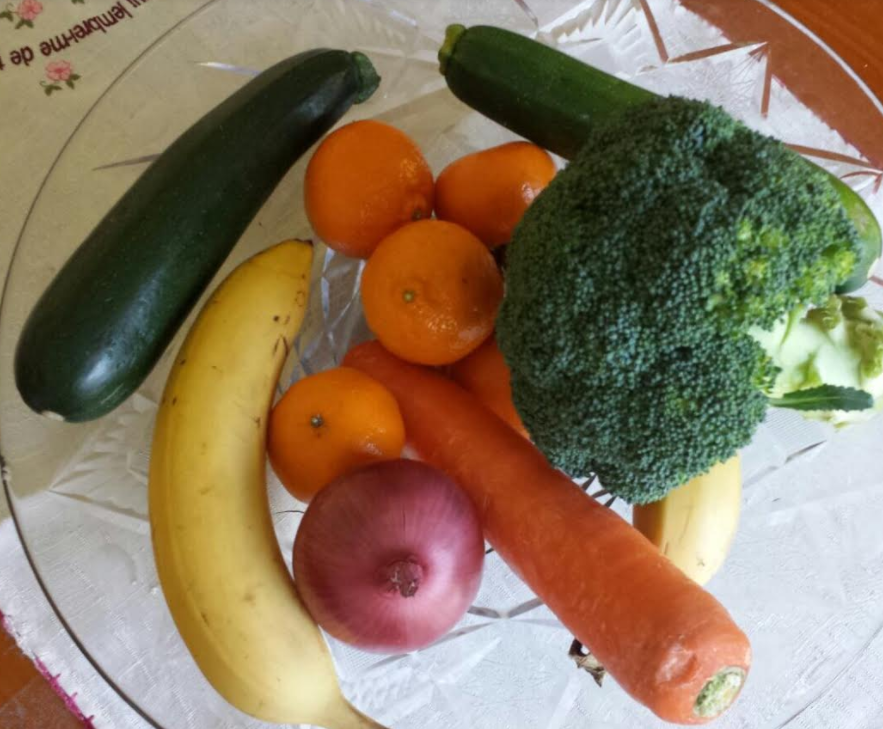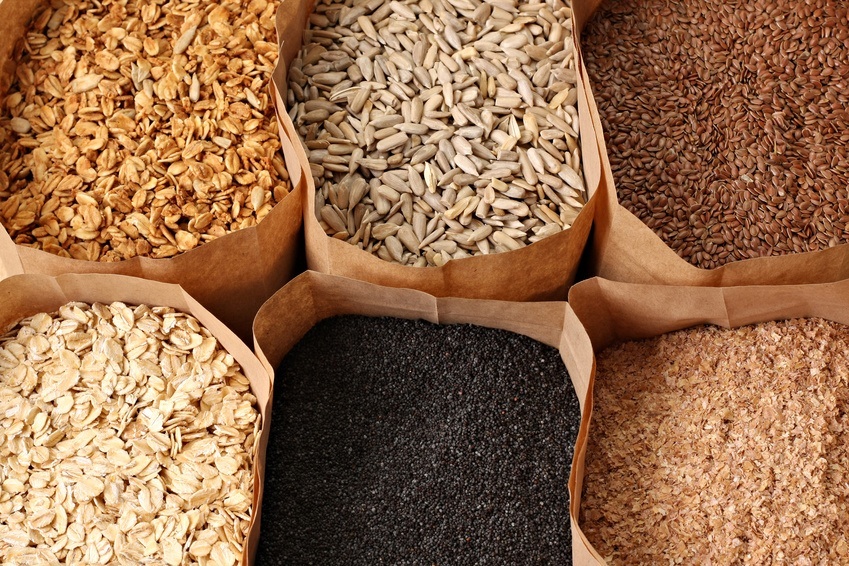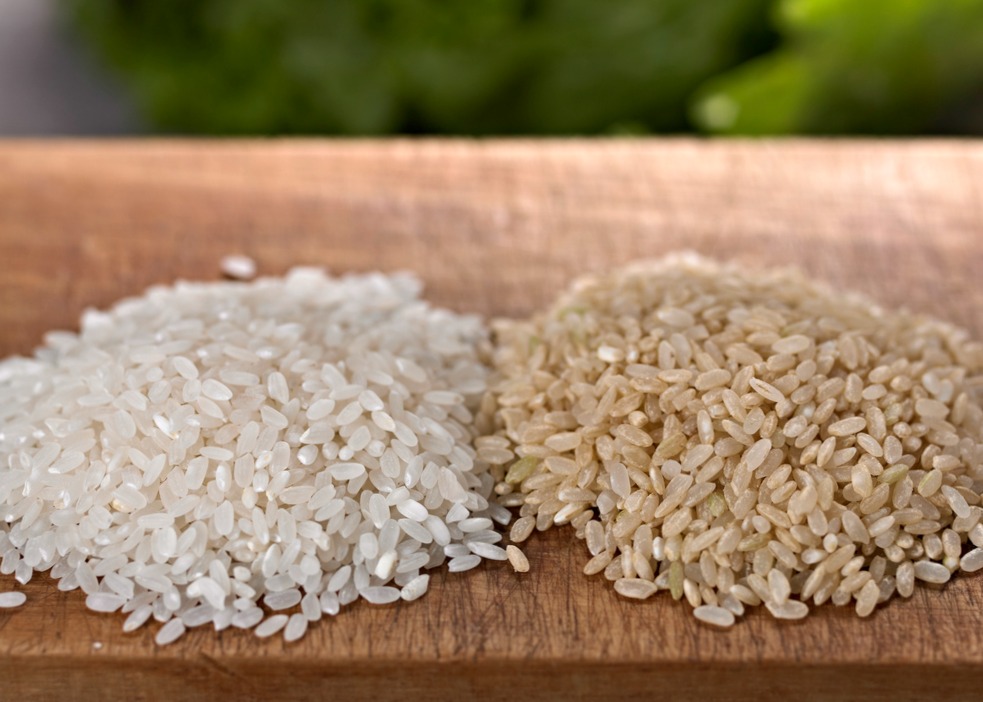Are carbs the bad guys of nutrition? Nutritionist sets the record straight.
Are carbs the bad guys of nutrition or do they have a place in a healthy diet? Nutritionist Melissa Gearing sets the record straight on carbs.
There’s so much conflicting information out there on the internet about carbs. Are they the bad guys of nutrition or do they have a place in a healthy diet?
Nutritionist Melissa Gearing sets the record straight on carbs once and for all on exactly what they are and where they fit into our diet, particularly if we are watching our weight.

What are carbs?
Carbohydrates are one of 3 macronutrients that our body needs to function and they often make up the majority of a Western diet with a typical ratio of 45-65% carbohydrates, 10-35% protein and 20-30% fat. Together these 3 macronutrients are what equates to our daily energy intake.
However, when we look closer at the foods that fall within the carb column there are a few things we need to consider. The key points being:
Not all carbohydrates are created equal
- There are different types of carb-containing foods including whole (complex carbs) vs refined (simple carbs).
They do not all function in the same way when we eat them
- Fibre is a carb that helps fuel energy, aid in digestion, keep you full and balance cholesterol.
- Sugar from sweets are refined carbs that spike our blood sugar levels and leave us wanting more.
Consideration needs to be given to our overall load of carbohydrates
- A high carb diet can lead to blood sugar dysregulation, weight gain and even type 2 diabetes.
- A lack of carbs will cause fatigue, concentration issues, nausea, constipation, exacerbate anxiety and leave possible micronutrient deficiencies (we get some vitamins and minerals from our carbohydrates).
Like anything, moderation is key and it’s important that we eat an adequate amount of healthy carbohydrates in order to maintain overall health. To get the most out of this food group it is important to choose carbohydrates that offer more than sugar to the body.

Nutrient-dense carbohydrates which are known as whole carbs are those that have not been processed or minimally so. They will maintain more of their nutrients than those that have been tampered with and will offer the body a sustained source of energy.

These include whole grains, fruits and veg, lentils and legumes, nuts, seeds and good quality dairy products.

Think about how that food should be in its original state and what may have happened to it along the way if it has changed. For example, white rice vs brown rice. By leaving the rice unrefined in its brown state it can offer the body a much lower GI (glycaemic index-a measure of sugar) which means it will keep us full and satiated for longer, provide more fibre to the body (feeding our good bacteria in the gut) and slowing the digestion of the overall carb so we can get more out of it.
The lower the carbohydrate GI the better. White rice sits at around 75 and brown rice at 50. Slower release of the sugars in carbohydrates is better as it allows us to use the carbs more efficiently in the body.
When it comes to carbs it pays to have a little bit of knowledge up your sleeve but the general rules of avoiding or reducing refined products, sugars, sweets, alcohol and soft drinks apply.
Choosing carbohydrate sources that are closest to their original form will go a long way in helping your body get the most out of the food you are eating and trying to avoid the trap of good carb vs bad carb but instead seeing the spectrum of carbohydrates nature (and man) offers and making an informed choice will have you looking and feeling your best.









